When a Nicaraguan soldier downed an American plane carrying arms to “Contra” guerrillas on October 5, 1986, a tightly held U.S. clandestine program was exposed. A month later, reports surfaced that Washington had beem covertly selling arms to Iran in exchange for help freeing hostages in Beirut. The profits from the arms sales were going to support the Contras, despite an explicit ban by Congress. In his book Iran-Contra, Malcolm Byrne describes the details of the confusing scandal that raised the prospect of Presidential impeachment. A book signing will follow the program.
—
Iran–Contra affair – Wikipedia – The Iran–Contra affair (Persian: ماجراي ایران-کنترا, Spanish: caso Irán-Contra), also referred to as Irangate,[1] Contragate[2] or the Iran–Contra scandal, was a political scandal in the United States that occurred during the second term of the Reagan Administration. Senior administration officials secretly facilitated the sale of arms to Iran, which was the subject of an arms embargo.[3] They hoped, thereby, to fund the Contras in Nicaragua while at the same time negotiating the release of several U.S. hostages. Under the Boland Amendment, further funding of the Contras by the government had been prohibited by Congress.
The scandal began as an operation to free seven American hostages being held in Lebanon by Hezbollah, a paramilitary group with Iranian ties connected to the Army of the Guardians of the Islamic Revolution. It was planned that Israel would ship weapons to Iran, and then the United States would resupply Israel and receive the Israeli payment. The Iranian recipients promised to do everything in their power to achieve the release of the hostages.[4][5] Large modifications to the plan were devised by Lieutenant Colonel Oliver North of the National Security Council in late 1985, in which a portion of the proceeds from the weapon sales was diverted to fund anti-Sandinista, or Contras, in Nicaragua.[4]
While President Ronald Reagan was a supporter of the Contra cause,[6] the evidence is disputed as to whether he authorized the diversion of the money raised by the Iranian arms sales to the Contras.[4][5][7] Handwritten notes taken by Defense Secretary Caspar Weinberger on December 7, 1985, indicate that Reagan was aware of potential hostage transfers with Iran, as well as the sale of Hawk and TOW missiles to “moderate elements” within that country.[8] Weinberger wrote that Reagan said “he could answer to charges of illegality but couldn’t answer to the charge that ‘big strong President Reagan passed up a chance to free the hostages'”.[8] After the weapon sales were revealed in November 1986, Reagan appeared on national television and stated that the weapons transfers had indeed occurred, but that the United States did not trade arms for hostages.[9] The investigation was impeded when large volumes of documents relating to the scandal were destroyed or withheld from investigators by Reagan administration officials.[10] On March 4, 1987, Reagan returned to the airwaves in a nationally televised address, taking full responsibility, and saying that “what began as a strategic opening to Iran deteriorated, in its implementation, into trading arms for hostages”.[11]
Several investigations ensued, including by the U.S. Congress and the three-person, Reagan-appointed Tower Commission. Neither found any evidence that President Reagan himself knew of the extent of the multiple programs.[4][5][7] Ultimately the sale of weapons to Iran was not deemed a criminal offense but charges were brought against five individuals for their support of the Contras. Those charges, however, were later dropped because the administration refused to declassify certain documents. The indicted conspirators faced various lesser charges instead. In the end, fourteen administration officials were indicted, including then-Secretary of Defense Caspar Weinberger. Eleven convictions resulted, some of which were vacated on appeal.[12] The rest of those indicted or convicted were all pardoned in the final days of the presidency of George H. W. Bush, who had been Vice President at the time of the affair.[13] The Iran-Contra Affair and the ensuing deception to protect senior administration officials including President Reagan has been cast as an example of post-truth politics.[14]


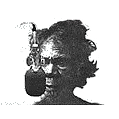


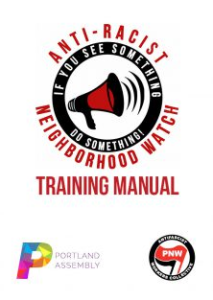




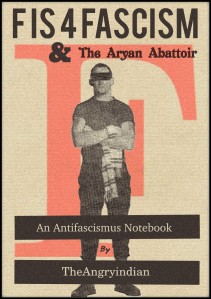





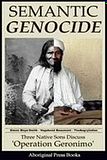

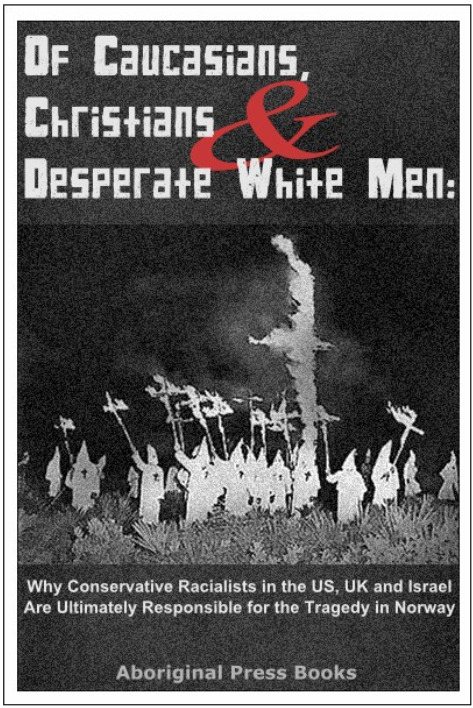



The Iran-Contra scandal is one of the worst scandals in U.S. history, probably surpassed only by the Federal Reserve Act. It lasted for years and went much deeper than what is mentioned here. I hope this book is not actually a clever white-washing of some aspects of the scandal. I haven’t read the book so I don’t know.
The October Surprise of 1980 and the weapons & (taxpayer) money side-tracked to Pakistan (through the CIA-sponsored ISS) which led to A. Q. Khan developing a nuclear weapons program should be included in all discussions of Iran-Contra as well as the serious increase in CIA money laundering scams that brought in tens of millions of dollars annually for that despicable organization.